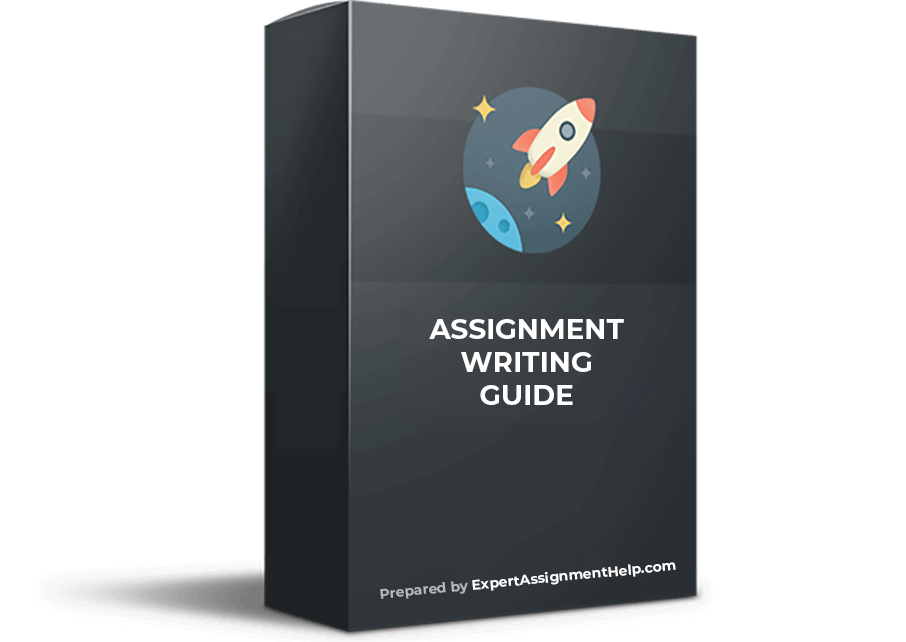22 Surprising Facts About Freshwater Consumption
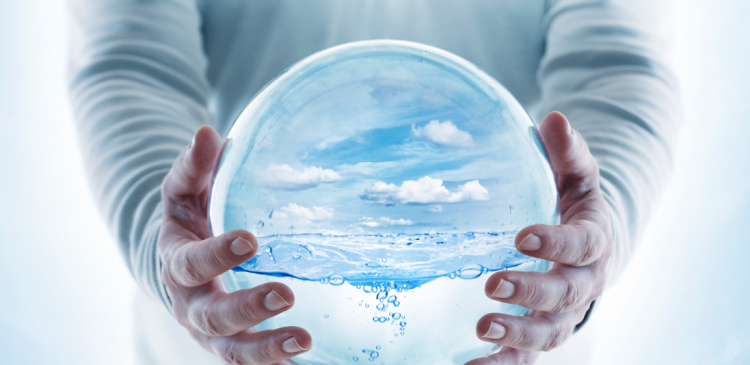
Water is a precious resource (1); the human body is composed of about 70 percent of water (2). Water is considered as a renewable resource because it can be used and replenished through the water cycle (3). However, over time, the percentage of usable water keeps reducing as population increases and more water gets polluted (3). The increasing population growth strains natural resources, including the renewables (3). With rising population, the demand for water and freshwater sources increases and gets used, faster than it can be renewed (3). This can lead to water shortage and can make water a non-renewable resource (3). Scarcity of freshwater would affect businesses too since water is a resource that is shared and upon which direct industrial operations, supply chains, brand reputation, profits and expansion opportunities depend (4).
Freshwater sources such as aquifers, lakes and rivers are also affected by population growth because they are used for supplying water to communities (5).

Here, 22 facts about freshwater are listed that we might be unaware of and which are crucial for conserving water.
FACT 1. 96 Percent of the Water on Earth is Saline.
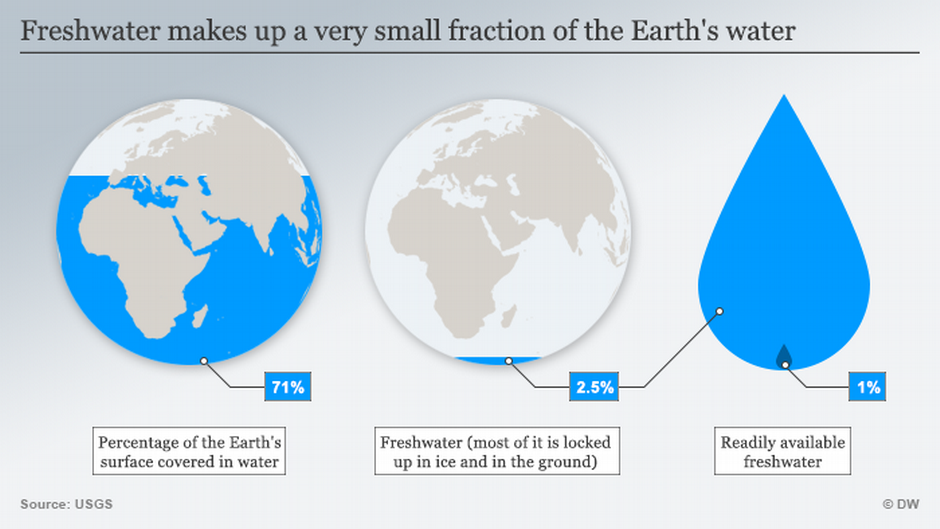
Among the total freshwater present on Earth, more than 68 percent is frozen in the form of ice caps and glaciers. The proportion of total freshwater on Earth is only 3% (7). The freshwater sources on Earth’s surface include lakes and rivers which occupy nearly 1/150th of one percent of the total water on Earth (8).
FACT 2. Indirect Consumption – For Producing 1 Kg of Cotton, 20,000L or More Water is Needed!
We are aware of our direct consumption of freshwater during activities such as bathing, cooking or cleaning. There is however, also an indirect consumption of freshwater which is used in the production of goods and services we utilize, starting from the manufacturing until the delivery (5). For producing one kg of cotton, 20,000L or more water is needed (8)! It is sustainable to buy clothes from secondhand or charity stores or ones that last long (5). We need to think before shopping and assess whether we truly need that item or not (9).
FACT 3. Cars Consume More Than a Gallon of Freshwater For Each Gallon of Gas.
Cars consume tens of thousands of gallons of freshwater in the manufacturing stage, and the gas required to run them also requires more than a gallon of water for each gallon of gas. It is best to opt for public transport whenever possible (5). We must think before buying a car that we may not need.
FACT 4. 3 Liters of Water is used to Manufacture a 1 Liter Water Bottle

We feel bottled water is safe to use, but did you ever consider the amount water that goes into producing the bottle? 3 liters of water is spent just to manufacture the bottles used for single liter of bottled water. If we rather opt for a reusable bottle, we conserve freshwater and also save up during the packaging process (10).
FACT 5. Nearly 11 Percent of the Total Global Population Have No Access to Clean Water.
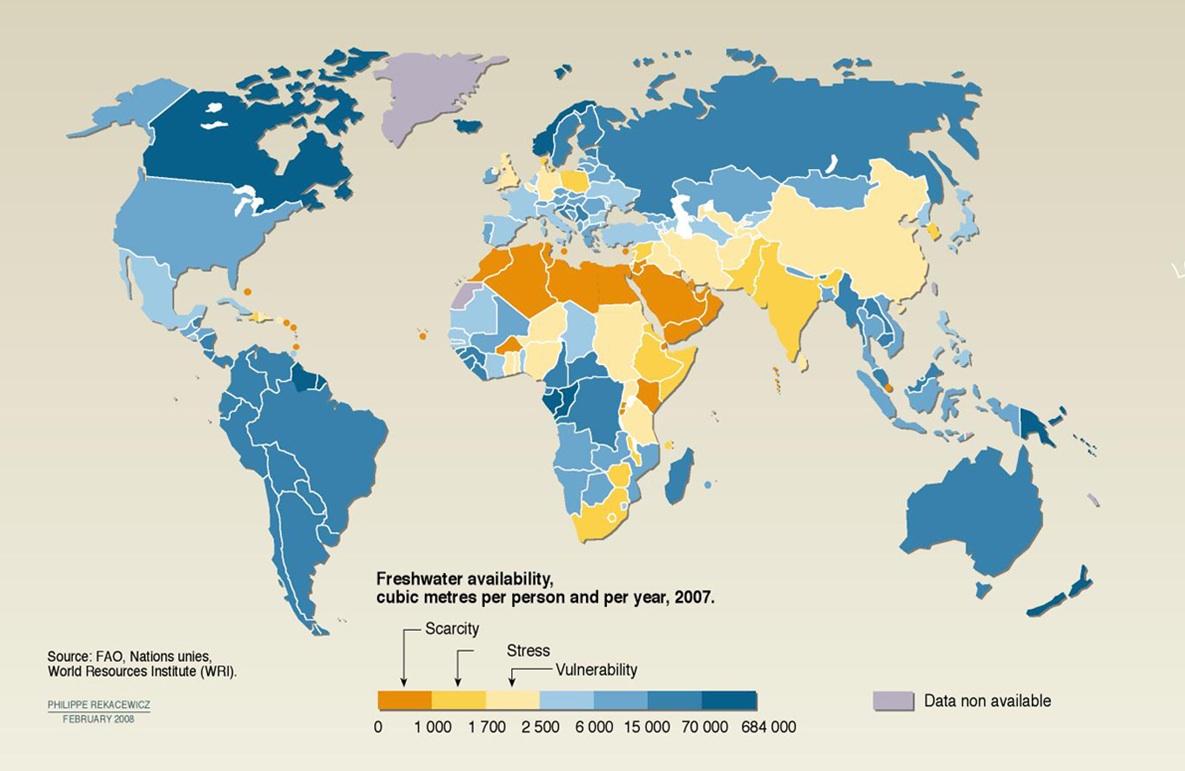
This figure is an improved outcome from the past and the United Nations continues working to decrease this number (10).
FACT 6. Africa is The Worse Hit Continent in Terms of Fresh Water Scarcity.
About 80% of people who have no access to sufficient drinking water sources reside in sub-Saharan Africa, Eastern Asia and Southern Asia (7).
FACT 7. Agriculture Consumes 70% of Fresh Water on Earth.
Agriculture is a primary occupation in many countries. Little do we know that it requires the maximum amount of freshwater (7).
FACT 8. Producing 1 kg of Rice Needs More Than 3000 L of Water.

Crops such as rice, cotton and sugar require vast quantity of freshwater. Growing one kilo of rice needs 3000 to 5000 liters of freshwater (7).
FACT 9. 48 Countries Will be Affected by Water Shortage by the Year 2025.
It is estimated that 48 countries will be affected by water shortage by the year 2025, thereby impacting nearly 35% of the total world population then (7).
FACT 10. In 2010 we had 76% Lesser Freshwater than in 1976.
The proportion of freshwater species decreased by 76% between the years 1970 to 2010 (7).
FACT 11. More than 50% of Wetlands Have Been Lost Since 1990.
Greater than 50% of wetland types disappeared since 1990 (7).
FACT 12. More Than 30% of Water is Lost Due to Leakages.
30 to 40% of our fresh water across the world is wasted as a result of water leakages in pipes, canals and illegal taps (7).
FACT 13. Dams have been built over 60% of large water systems.
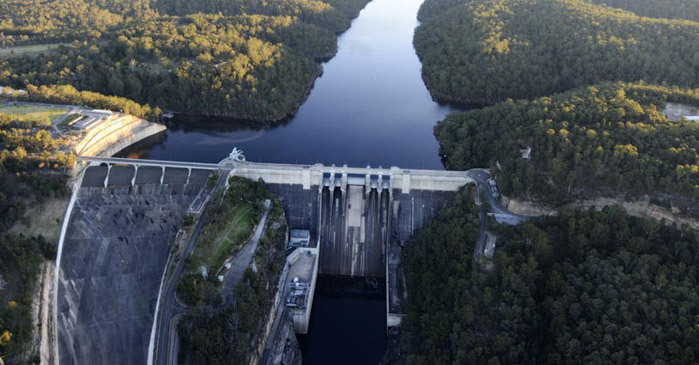
Infrastructures such as dams have harmed rivers across the world. 60% of the large river systems in the world got fragmented by dams and other structures, with only 64 of the world’s 177 large rivers flowing freely (7). There are many dams worldwide, with more under construction (7).
FACT 14. Dams have been built over 60% of large water systems.
Freshwater biome supports various living organisms (11). More than 1,200 different amphibians call freshwater biome their home. Many fishes exist in freshwater sources such as lakes, rivers, ponds and streams; thus making freshwater a source of food (12).
FACT 15. Freshwater Eco-systems are sensitive to pollution & boating
The freshwater biome is known to be sensitive to pollutants or contaminants and anthropogenic activities such as boating (12). Efforts must be made to cause minimum or no disturbance to the biome.
FACT 16. Freshwater habitats are at risk due to global warming
Freshwater habitats are also sensitive to climate change. Freshwater frozen as ice caps and glacier have started to melt as a result of global warming. This might change the composition and balance of the freshwater biome (12).
FACT 17. More than 70% of Wastes are disposed into freshwater
In developing countries, approximately 90% of sewage and 70% of industrial wastes are discharged into water courses with no prior treatment. This causes pollution in freshwater sources rendering them unusable (13).
FACT 18. Low Flush Toilets can save 50% of Water
We can conserve freshwater usage by 40% to 50% by installing low-flush toilets (13).
FACT 19. Closing Taps On Time can Save 80% of Water
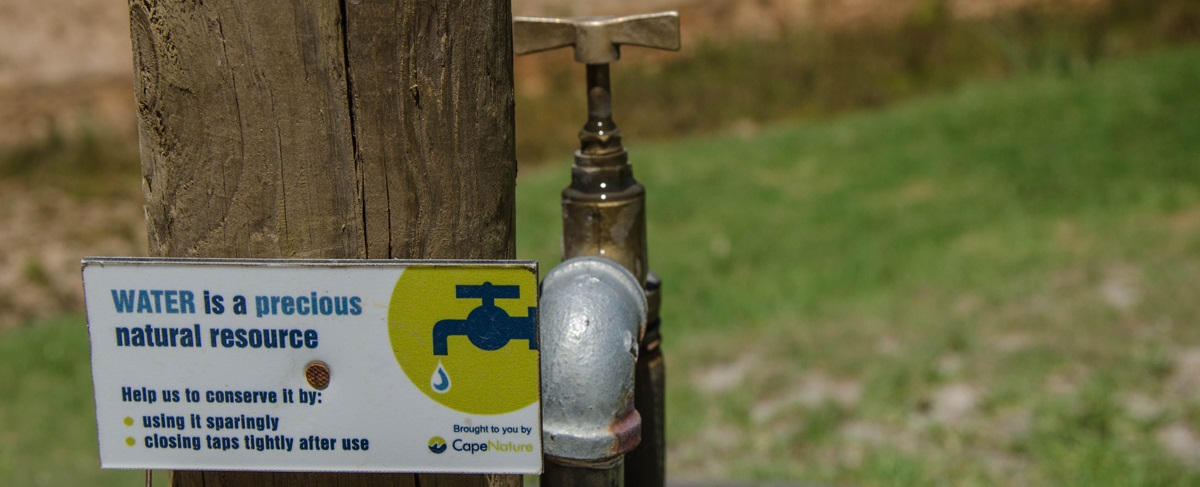
We can conserve about 80% water by turning off the tap in between during brushing of teeth or shaving as to leaving it running when not needed (13).
FACT 20. About 70% of People from Australia and New Zealand Use Water Ratings While Buying Appliances
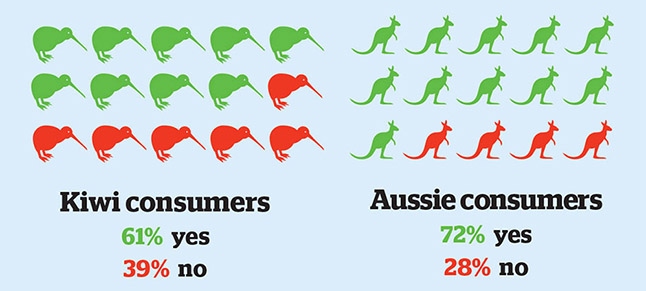
Energy star appliances must be used at full capacity preferably to conserve water. Avoiding running of dishwasher half-full is economic and saves up water too (14).
FACT 21. Permeable Pavements Help In Rainwater Conservation
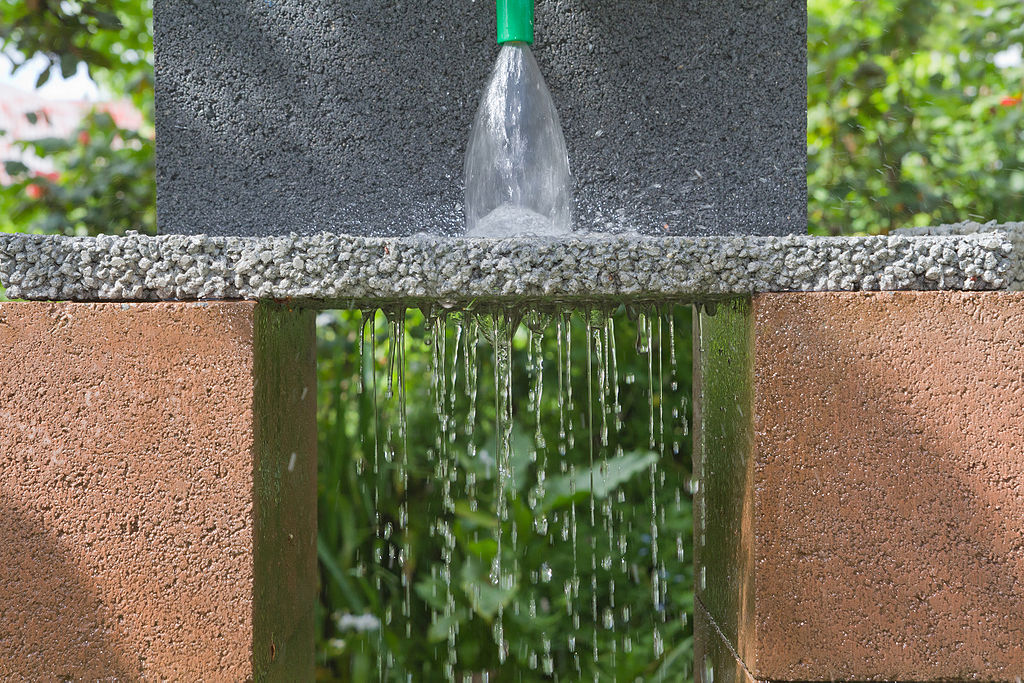
Lawns and gardens require less water during warm weather, about 5 millimeters per day during warm weather. During spring, fall, or cool weather, even lesser water is needed. Lawns can be watered every three to five days as opposed to watering each day for a short period (13). Using permeable paving allows rain water to percolate and requires less watering (15). Permeable paving materials give a good structure to a garden and need no additional irrigation (15). Since these materials allow rainfall to pass into the plant roots, they also prevent run-off and do not pollute local water bodies (15). Incorporating suitable plant species in a garden also conserves water usage (15).
FACT 22. Aerators in Taps can Save 80% of Water

Placing an aerator on our taps can reduce daily usage of freshwater supplied to our homes (16).
References
- Freshwater Watch (2018). Water: a precious resource [Online] Available at: https://freshwaterwatch.thewaterhub.org/content/water-precious-resource [Accessed: 22nd January 2018].
- USGS (2016). The water in you [Online] Available at: https://water.usgs.gov/edu/propertyyou.html [Accessed: 22nd January 2018].
- Gray, N. (2012). Facing up to Global Warming: what is going on and what you can do about it [Online] Available at: http://ournewclimate.blogspot.in/2012/03/is-water-renewable-resource.html [Accessed: 21st January 2018].
- Orr, S. (2011). Why freshwater conservation matters [Online] Available at: https://www.theguardian.com/sustainable-business/wwf-freshwater-conservation-biodiversity-business-people [Accessed: 22nd January 2018].
- Pantsios, A. (2014). 8 Shocking facts about water consumption [Online] Available at: https://www.ecowatch.com/8-shocking-facts-about-water-consumption-1881989567.html [Accessed: 21st January 2018].
- USGS (2016). Why is the ocean salty [Online] Available at: https://water.usgs.gov/edu/whyoceansalty.html [Accessed: 22nd January 2018].
- WWF (2018). Freshwater: what’s at stake, what we’re missing, what we’re losing, what it’s worth [Online] Available at: http://wwf.panda.org/about_our_earth/about_freshwater/importance_value/ [Accessed: 21st January 2018].
- USGS (2016). Summary of the Water Cycle [Online] Available at: https://water.usgs.gov/edu/watercyclesummary.html [Accessed: 21st January 2018].
- Water Footprint Calculator (2018). How to save water [Online] Available at: https://www.watercalculator.org/save-water/ [Accessed: 22nd January 2018].
- Speer, M. (2012). The shocking facts about fresh water [Online] Available at: http://www.isustainableearth.com/water-conservation/the-shocking-facts-about-fresh-water [Accessed: 21st January 2018].
- Fresh Water Watch (2018). Ecosystem [Online] Available at: https://freshwaterwatch.thewaterhub.org/content/ecosystem-services [Accessed: 22nd January 2018].
- APSEC (Asia-Pacific Economics Blog) (2015). Interesting facts about freshwater biomes [Online] Available at: https://apecsec.org/interesting-facts-about-freshwater-biomes/ [Accessed: 21st January 2018].
- The Water Project (2018). FAQs on Water and Water Conservation [Online] Available at: https://thewaterproject.org/water_facts [Accessed: 21st January 2018].
- Collins, M. (2009). 10 simple ways to conserve water [Online] Available at:
https://planetsave.com/2009/03/20/10-simple-ways-to-conserve-water/ [Accessed: 21st January 2018]. - Sunset Editors (2014). Easy Waterwise gardening: create a beautiful garden and save water too [Online] Available at: http://sfwater.org/Modules/ShowDocument.aspx?documentid=8919
[Accessed: 21st January 2018]. - TNM Staff (2017). What are aerators and why installing them in your house will conserve water [Online] Available at: https://www.thenewsminute.com/article/what-are-aerators-and-why-installing-them-your-house-will-conserve-water-60963 [Accessed: 22nd January 2018].
